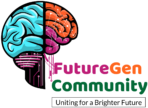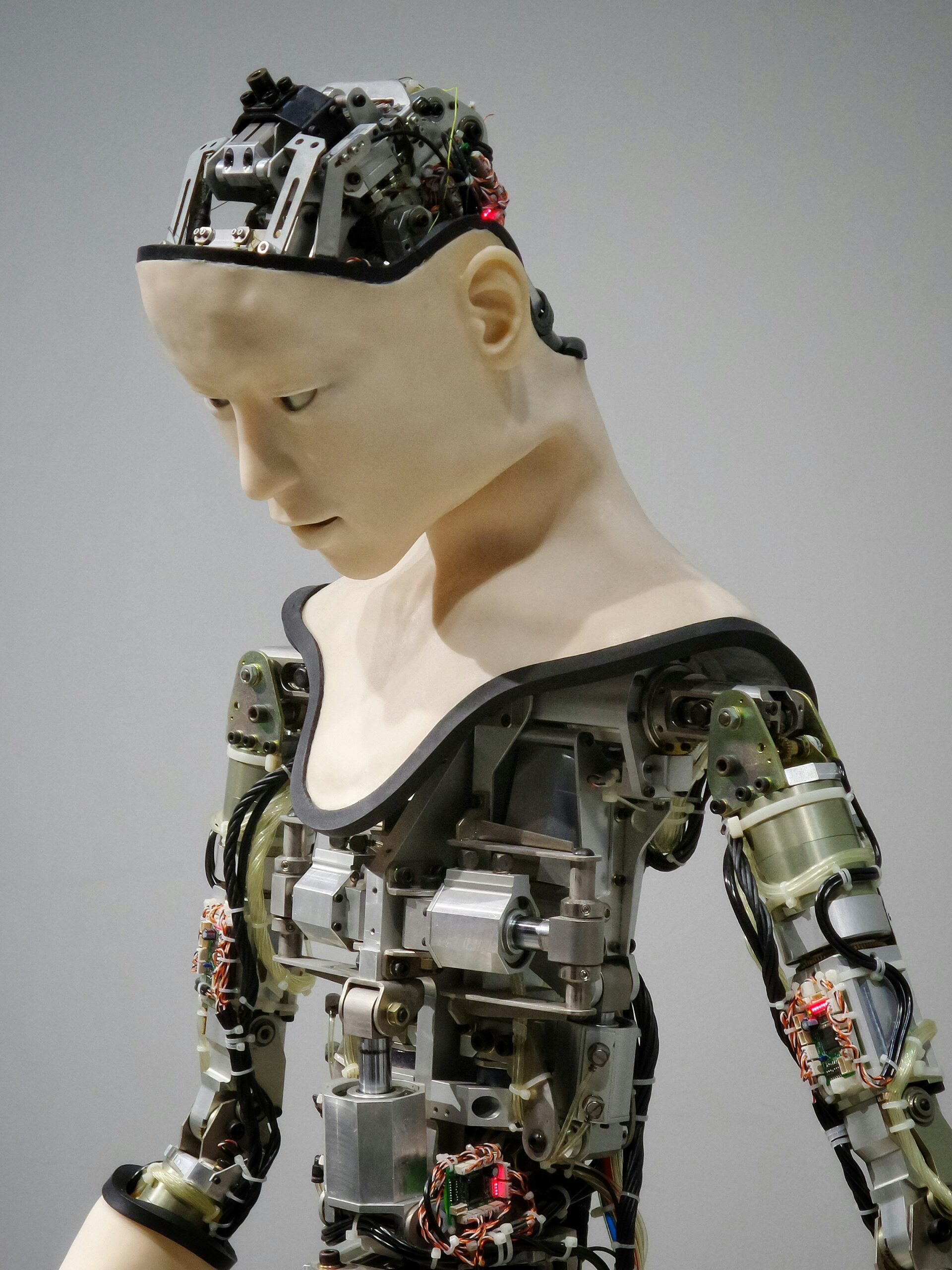The Future of AI: How Machine Learning Will Transform Industries
Introduction to Machine Learning and AI Machine learning (ML) is a subfield of artificial intelligence (AI) that leverages algorithms and statistical models to enable computers to learn from and make decisions based on data. It is designed to improve the performance of algorithms over time, without explicit programming. Though often used interchangeably, machine learning is a distinct entity within the broader AI domain. Artificial intelligence encompasses a wide range of technologies aimed at simulating human intelligence, including reasoning, speech recognition, and visual perception. Machine learning, a subset of AI, excels primarily in tasks associated with prediction and automation, allowing for self-improvement over iterative cycles. This symbiotic relationship between AI and ML has brought forth a multitude of applications revolutionizing various sectors, from healthcare to finance. The origins of AI date back to the mid-20th century, with pioneering work by researchers such as Alan Turing and John McCarthy. Initially, AI was limited by computational constraints and lack of substantial data. However, the exponential increase in computational power, alongside the rise of big data, has propelled modern AI research into new realms of possibilities. This evolution has been fueled by advancements in hardware, such as graphical processing units (GPUs), and robust frameworks for handling vast datasets. Today, machine learning algorithms benefit from rich datasets generated by numerous digital interactions, including social media, e-commerce, and IoT devices. The capacity to process vast amounts of data quickly and efficiently has made it feasible to analyze complex patterns and uncover insights previously unattainable. This synergy between data abundance and computational advancements has been pivotal in driving the rapid development of AI technologies, making machine learning a cornerstone of contemporary AI applications. The modern significance of machine learning and AI cannot be overstated. By enabling systems to learn and adapt, these technologies are crafting a future where intelligent systems can optimize processes, enhance decision-making, and introduce unprecedented efficiencies across diverse industries. As we delve deeper into this blog post, we will explore how these dynamic advancements stand to transform various sectors fundamentally. AI in Healthcare: Revolutionizing Patient Care Artificial intelligence (AI) is progressively becoming a cornerstone in the healthcare industry, bringing about fundamental changes in patient care. Machine learning, a subset of AI, has shown remarkable potential in various aspects of the healthcare sector, significantly enhancing diagnostic accuracy and creating personalized treatment plans. For instance, AI-driven imaging analysis is revolutionizing the field of radiology by precisely identifying anomalies that might be missed by the human eye. Tools like IBM’s Watson Health are being employed to analyze medical images swiftly and accurately, ensuring timely and more precise diagnosis. Another significant advancement is predictive analytics, which is being used to foresee disease outbreaks and manage them proactively. By analyzing vast datasets, AI systems can identify patterns and predict the onset of potential outbreaks, allowing healthcare providers to implement preventative measures, allocate resources efficiently, and ultimately save lives. Furthermore, robotic surgeries are no longer a concept of the distant future but a reality making complex procedures more precise and less invasive. Surgeons can now perform intricate operations with increased accuracy, reducing recovery times and improving patient outcomes. Looking ahead, the integration of AI in genomics is anticipated to bring about groundbreaking advancements. By analyzing genetic information with machine learning algorithms, we can uncover the underlying causes of diseases at a molecular level, paving the way for more effective treatments and novel therapies. Additionally, the emergence of remote patient monitoring systems driven by AI will enable continuous tracking of patients’ health metrics, providing real-time data to healthcare providers and allowing for timely interventions. Virtual health assistants represent another exciting frontier. These AI-powered assistants can offer personalized health advice, schedule appointments, and even monitor medication adherence, thus enhancing patient engagement and adherence to treatment plans. As machine learning continues to evolve, the possibilities for its application in healthcare are virtually limitless, promising a future where patient care is both more efficient and more personalized. Manufacturing: Smart Factories and Supply Chains Artificial intelligence (AI) is revolutionizing the manufacturing industry by ushering in the era of Industry 4.0. Central to this transformation are machine learning algorithms which are increasingly being leveraged to optimize various facets of the manufacturing process. One of the most significant areas where AI is making an impact is in supply chain management. Through predictive analytics, machine learning can forecast demand fluctuations, identify potential disruptions, and recommend optimal inventory levels, ultimately enhancing the overall efficiency and responsiveness of the supply chain. Predictive maintenance is another crucial application of machine learning in manufacturing. By analyzing data from machinery and equipment in real-time, these algorithms can identify patterns indicative of potential failures before they occur. This proactive approach reduces downtime, minimizes maintenance costs, and prolongs the lifespan of equipment. For instance, sensors integrated into machines can continuously monitor performance metrics and alert operators to any anomalies, facilitating immediate interventions that prevent costly breakdowns. Quality control within manufacturing processes is also being enhanced by AI. Machine learning models can inspect products with a level of accuracy and consistency that surpasses human capabilities. These models are trained to recognize defects, ensuring that only products that meet stringent quality standards proceed to the market. Moreover, AI-driven visual inspection systems can analyze product images at high speeds, allowing for real-time detection and correction of defects. Looking to the future, concepts like lights-out manufacturing and the integration of Internet of Things (IoT) devices with AI are set to further transform the industry. Lights-out manufacturing refers to factories that require no human presence, operating exclusively under the control of AI and automated systems. The integration of IoT devices creates a connected ecosystem where machines communicate and collaborate autonomously. This synergy enables smarter decision-making and optimized production processes, paving the way for highly efficient, adaptable, and resilient manufacturing environments Retail: Enhancing Customer Experience and Operational Efficiency Artificial Intelligence (AI) is on the verge of revolutionizing the retail industry by markedly enhancing customer experiences and streamlining operational efficiency. One of the most prominent impacts is the ability of AI

